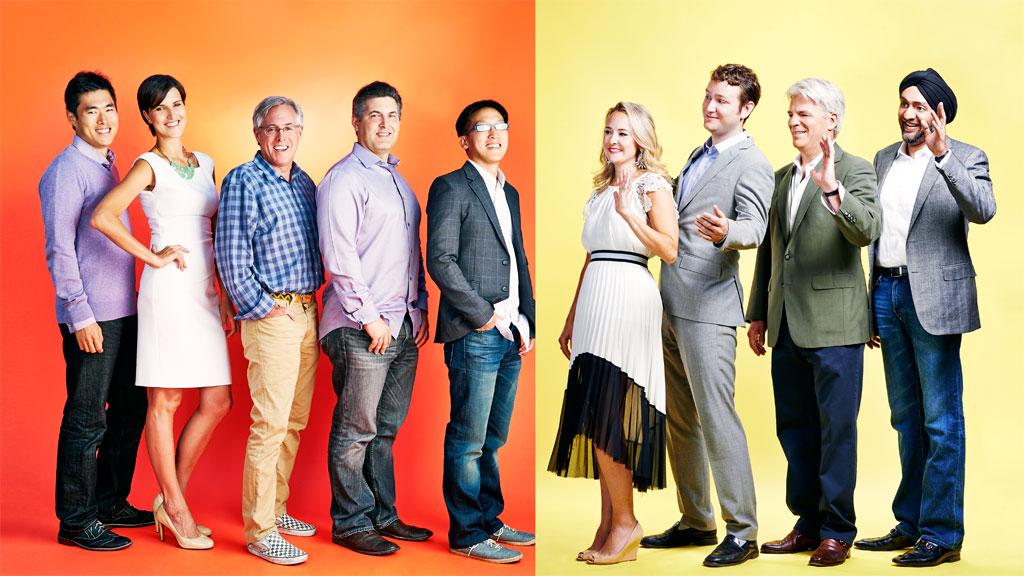‘Millennials’: Be Careful How We Use This Label

Linguist Ben Zimmer speaks on the origin and usageof the term ‘Millennials’.
With crippling student debt and their love for avocado toast, some crotchety rich people think millennials are ruining everything.But are millennials deserving of the bad rap they get?
Zimmer:The Wall Street Journal issued a new note on its style blog earlier this week, suggesting the publication not write about millennials with such disdain.
What we usually mean saying ‘millennials’ is young people, so we should just say thatwithout any negative terms.
Zimmer:Agree. Many of the habits and attributes of millennials are common for people in their 20s.With its countless definitions and interpretations, the term has been ruffling feathers since it was first coined in 1991.
The “millennial generation” is generally used to refer to people born between 1980 and 2000. Is it a newly born word?
Zimmer: Oh, no. The word ‘millennial’ is old. In English, it goes back to the 17th century but back then, it meant something quite different. “Millennial” comes from a root referring to “1000 years” — that’s the Latin root — but back in the 17th century, if you used that word, you were talking about this idea that comes from the Book of Revelation, that there would be a second coming of Jesus Christ.
It was only in the 1980s, 1990s that the word ‘millennial’ started to be used to refer to the coming of the third millennium.
The word ‘millennials’ is somehow connected with the two demographers William Strauss and Neil Howe, isn’t it?
Zimmer: Yes, that’s it. They published a book in 1991 called Generations. And at the time, this new generation was just starting preschool, but Strauss and Howe decided that they should be called millennials, because they would be coming of age in the new millennium.
There are a lot of these generational labels. How can the term “millennials” be comparedwith them?
Zimmer: You see, the terms can start off pretty neutral but then they can get some pejorative connotations associated with them. We’ve seen this with Baby Boomers and Generation X, which I would be a member of — the idea that there was this new generation of disaffected youth, very often being called slackers and so forth.
What can you say on The Wall Street Journal’s newest note in its style book?
Zimmer: I think The Wall Street Journal, like other media outlets, has probably gone overboard in pinning various social ills on millennials. It’s become almost a cliché now, headlines that say: “Millennials are killing the travel industry,” “millennials are killing marmalade.”
Millennials may seem to be the scapegoat for everything these days.
Zimmer: Unfortunately, it looks like that. I think we should be careful in how we use these labels because they tend to lend themselves to easy stereotypes. Generalizations that really don’t tell you much about the people in those generations, but might actually reveal more about the writer who is slinging these labels around.

































